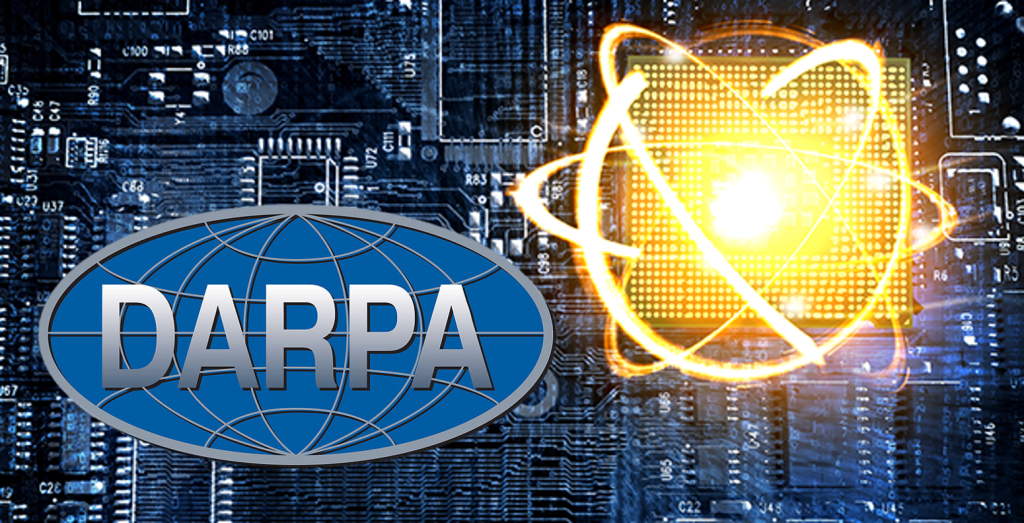DARPA Hoping to Apply Quantum Computing Lessons to Optimization
DARPA’s newly-announced Quantum-Inspired Classical Computing (QuICC) program will attempt to tackle a number of optimization problems the US Department of Defense (DoD) is facing by applying lessons from quantum computer research to conventional computing. These problems range “from determining the most efficient way to distribute supplies to minimizing warfighters’ exposure to hostile forces” and have so far proven difficult to solve with the limitations of current computers.
Quantum computing is not yet a technology proven to be suitable for “mission-relevant applications” due to current size, weight and power limits. However, the agency is optimistic. According DARPA Microsystems Technology Office program manager Bryan Jacobs:
“That does not mean that valuable lessons cannot be learned from quantum techniques, and applied to classical computing. DARPA seeks to do just that with a new program to develop Quantum-Inspired (QI) classical solvers. QI solvers are mixed-signal systems that use classical analog components and digital logic to emulate the physics of dynamic systems. […] With QuICC, we want to create a fundamentally new way of doing classical computing that takes inspiration from the algorithmic advances happening in quantum computing. The goal is to enable a 500X performance improvement in the energy required to solve complex, DOD-relevant optimization problems. If we’re successful in generalizing and scaling QI solvers for DOD-relevant applications, we could see a quantum leap in computational efficiency for a broad range of optimization challenges.”
Prototype quantum inspired solutions have so far mostly been tailor-made to work within individual existing architectures. To be more widely applicable to the DoD’s large-scale optimization problems, a number of significant technical hurdles will need to be overcome. DARPA researchers are focused on two areas: “developing solver algorithms and creating a framework for assessing the potential performance of QI solvers” and developing “QI dynamical system hardware as well as validated models of their performance”.
DARPA is not new to the field of quantum computing with recent projects aiming quantify the impact of quantum computing and on applying quantum to radio technology.
The official DARPA announcement is available here.

